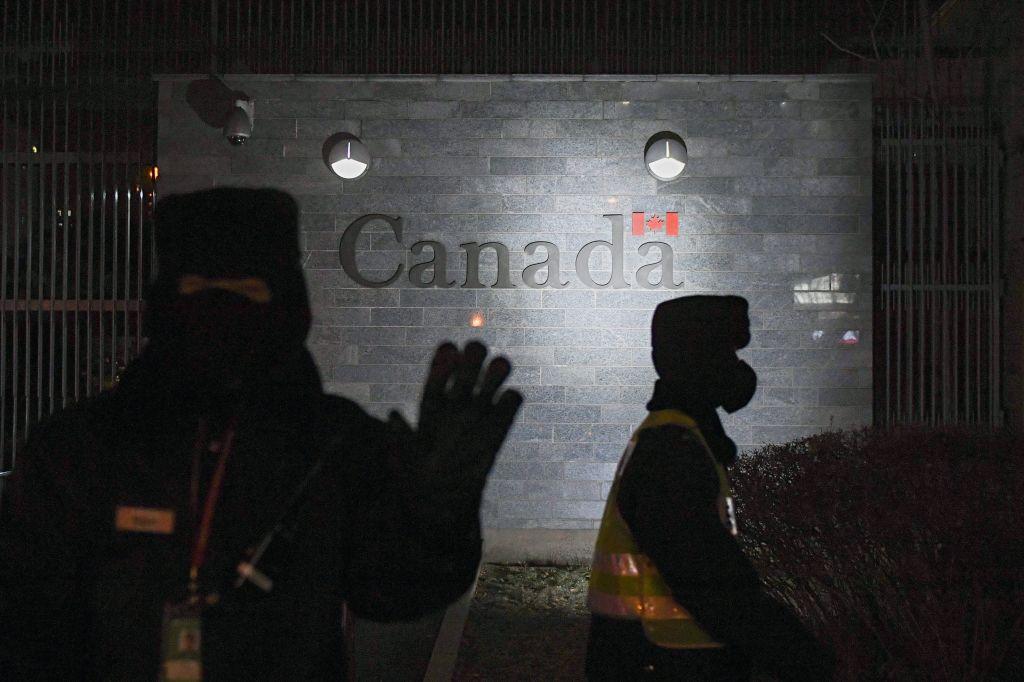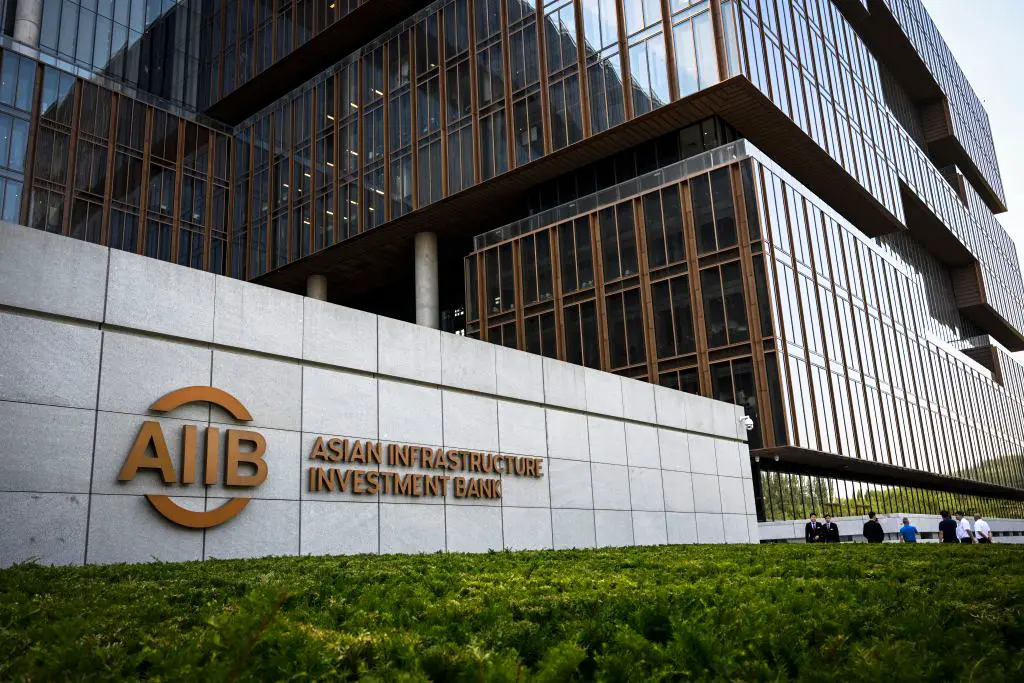Commentary
A company owned by the Beijing Municipal Public Security Bureau (Beijing police) has a contract to run the visa application program for the Canadian embassy in China. This gives the Chinese regime’s interviewers the ability to extract information about the Canadian citizens of Chinese descent they’re visiting and to send spies into Canada while denying legitimate visitors access to the West.






